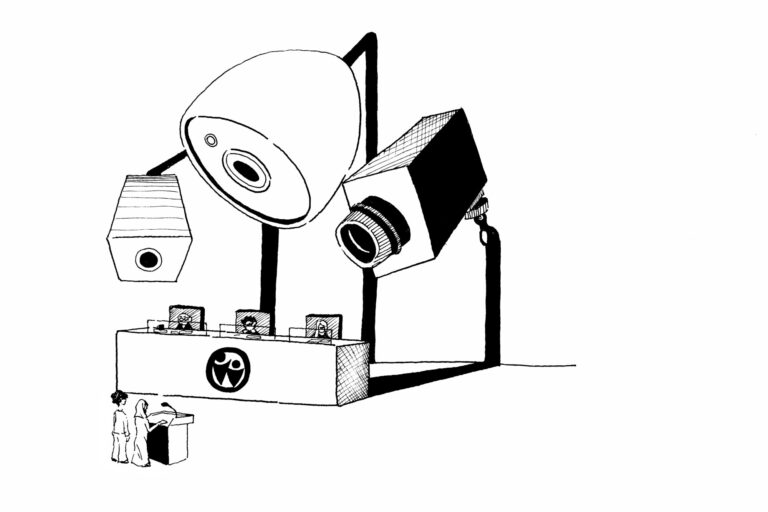A delegation of Palestinian students and community organization leaders spoke at a WRDSB meeting in February on the escalation of anti-Palestinian racism in schools.
Delegates at the meeting asked the school board to publicly recognize anti-Palestinian racism. Delegations at the meeting included students and staff of the WRDSB.
“For everyone, the censorship and their surveillance has skyrocketed. You have students that told me that teachers tell them that they’re not allowed to write speeches in an English class that have to do about Palestine, or poems that have to do about Palestine,” Suhaila Salah, cofounder of Sporas Scattered, said.
Sporas Scattered is a local Palestinian organization with a focus on uplifting Palestinian youth in the diaspora. The censorship of Palestinian students is not a modern event, as youth across many generations have faced oppression in the face of expressing their identity freely. Students feel they are disproportionately under surveillance on social media, and face discipline for their posts in support for Palestine.
“There’s a clear cycle of oppressive action against these students that tried to express their Palestinian identity or express Palestinian solidarity and that doesn’t only include for Palestinian students it also their allies as well,” Salah said.
“ [The Arab Canadian Lawyers Associations] defined anti Palestinian racism as a form of anti-Arab racism, that dehumanizes Palestinians that denies their history,” Salah said.
For students to feel comfortable to speak about Palestine, their educators need to know how to promote inclusivity and hold a safe space for anti-oppressive discussions to take place.
“That’s something that I’m really hoping that with through education and through the board, publicly recognizing it and putting in the effort to really talk about anti Palestinian racism in the dimensions that we’re living in and how it manifests in schools,” Salah said.
The delegation that spoke to the WRDSB was put together in collaboration with Independent Jewish Voices.
Other school boards in the province, including Hamilton and Toronto have already adopted recommendations for decreasing the surveillance of Palestinian students in the school. There was astounding youth leadership and momentum gathering and urging the school board to follow suit. Their goal is to make the region aware and celebrate and be part of the change.
The delegation called on the WRDSB to adopt policies and measures like the ones adopted by the Toronto and Hamilton District School Boards. They want the board to recognize the need for trauma-informed approaches to address anti-Palestinian racism.
“Definitely working with the board it’s still really, really in its infancy. And part of our asks during the Feb. 12 meeting was that there needs to be teacher training. And, unfortunately, this is something that you can see across the board, across all boards,” Salah said.
The board settled on ensuring staff follow-up on the school-based human rights. Sporas Scattered wants to encourage people to keep their eyes on the school board in regard to this issue to hold them accountable.
“Teachers need to understand the ‘what’ is anti-Palestinian racism, right. And they need to understand that this is a form of racism and in order to understand that the board needs to publicly recognize anti Palestinian racism, that is number one,” Salah said.

